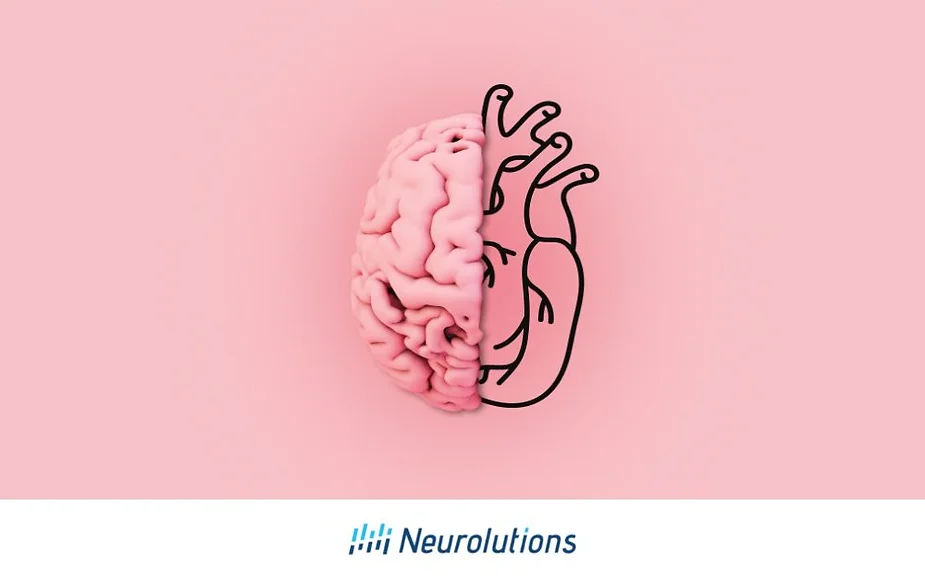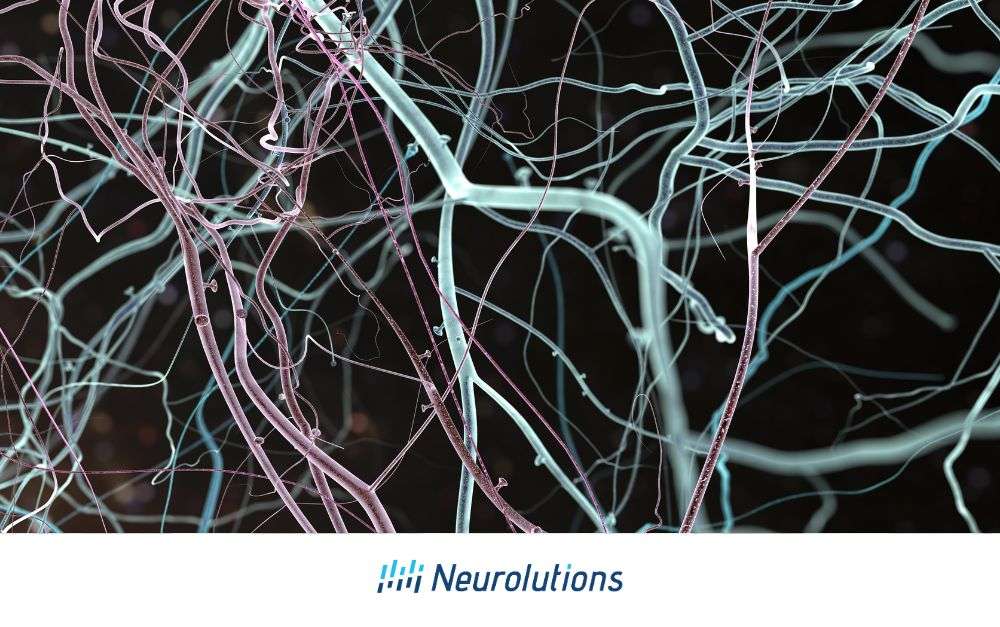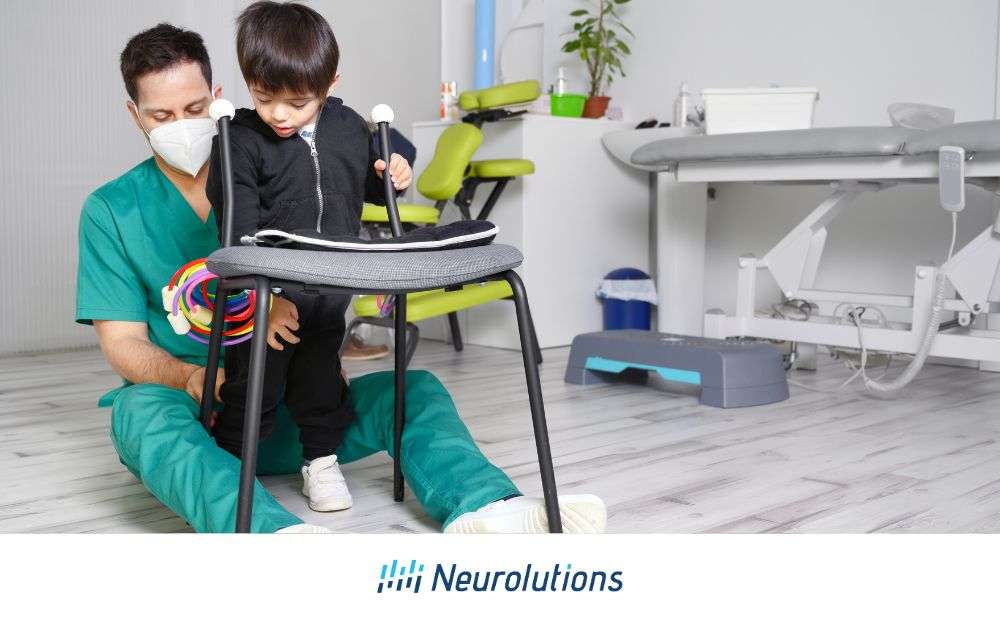How to Reduce Your Risk of Stroke Through Healthy Heart Habits
Heart disease is one of the leading causes of strokes, especially in the United States. Although health problems such as high blood pressure and high cholesterol can be a contributing factor to having a stroke, heart disease- such as coronary artery disease- is one of the greatest contributors to having a stroke. Stedman’s Medical Dictionary defines coronary artery disease or CAD as the “narrowing of the lumen or of or more of the heart arteries, usually due to atherosclerosis” (plaque build-up and hardening of the arterial walls). This can lead to the death of the heart muscles causing stroke or heart attacks. When plaque buildup occurs in the arteries of the heart, it then blocks the flow of oxygen-rich blood to the brain or can cause a blood clot that breaks loose, traveling to the brain. Both can then cause a stroke. In this article, we will discuss the importance of heart health and its relation to stroke.
Medications & Treatments Available for Stroke Prevention
Medications are imperative in managing coronary heart disease as many of the underlying diseases are unable to correct themselves without medication. If you have been prescribed one of these medications it is imperative to have good medication compliance. Types of medication include the following:
|
Class |
Use |
Commonly used medications in this class |
|
Anticoagulants |
Medications that prevent blood from clotting [1]; also known as blood thinners |
|
|
Antiplatelet therapy |
Medication that inhibits platelet aggregation therefore reduces the risk of thrombus (blood clot) formation [1] |
|
|
ACE inhibitors |
Angiotensin-converting enzyme (ACE) inhibitors are medications that help relax the veins and arteries to lower blood pressure [1]; makes blood flow to the heart easier |
Benazepril |
|
Beta blockers |
Beta adrenergic blocking agents are a class of medications in which the drug completes with a B-adrenergic agonists for available receptor sites. Used in the treatment of a variety of cardiovascular diseases in which this is desirable. [1] |
|
|
Calcium channel blockers |
A class of cardiovascular medications with the capacity to present calcium ions from passing through biological membranes. They are used to treat high blood pressure, chest pain, and cardiac arrhythmias. |
|
|
Cholesterol-lowering medications |
These medications are used to treat high cholesterol. |
|
|
Digitalis preparations |
Medication used to help strengthen the heart muscles |
Digoxin |
|
Diuretics |
Medications which promote ridding of urine, sometimes used to treat cardiovascular disease which is causing swelling or fluid retention |
|
|
Vasodilators |
Medication used to dilate the blood vessels often used to treat high blood pressure [1] |
|
Benefits of Exercise & Diet in Combating Heart Disease and Stroke Risk
Along with medication use, eating a diet low in saturated fats, trans fats and cholesterol can be very beneficial to lowering your chances of a stroke due to heart disease. A diet high in salt is also linked to; high blood pressure which can increase the likelihood of a stroke as well. In addition to a “heart-healthy diet,” increasing your level of physical activity also helps decrease your likelihood of a stroke. Regular exercise can help combat obesity, lower blood pressure, and lower high cholesterol, and diabetes. Due to this, regular physical exercise can help decrease your chances of a stroke.
Other lifestyle behaviors, such as drinking excessive alcohol and smoking cigarettes, are also factors that lead to heart disease. Alcohol can increase the level of triglycerides (the fat in your blood which can harden in the arteries, causing plaque and leading to a clot). Tobacco use has many risks, but specifically can cause damage to the heart and blood vessels and increase blood pressure which can increase your chance of a stroke. It is important to keep a healthy diet in mind, get regular physical exercise, and also limit alcohol and tobacco use if trying to lower the chances of heart disease and stroke.
Knowing When to Seek Medical Attention When it Comes to Your Heart Health
Even when doing your best to live a heart-healthy lifestyle, strokes can still occur. If this occurs, it is easiest to remember the acronym F.A.S.T. indicating the immediate need for emergency services. F.A.S.T. stands for the following:
- FACE – look for any signs of facial drooping
- ARMS – when trying to raise both arms, is one weaker than the other or has tingling
- SPEECH – is the speech slurred or sounds strange?
- TIME – if you see any of these signs on yourself or a loved one, call 9-1-1 right away
Knowing When to Seek Medical Attention When It Comes to Your Heart Health
Many people are aware of the signs and symptoms of a stroke but signs of heart disease can be a little more difficult to spot. Some signs or symptoms of heart disease which may be indicators to seek testing may be:
- Dizziness, lightheadedness, and fainting
- Fatigue
- Feeling short of breath during activity or at rest
- Feeling short of breath at night when trying to sleep or waking up short of breath
- Irregular heartbeats that feel rapid, pounding,is is preventB-adrenergic agonistsBeta-adrenergic or fluttering
- Swollen legs, ankles, or feet
If you are experiencing these symptoms, it is important to call your doctor and set up a consultation or testing.
Signs of a heart attack include the following. If any of these occur, call 9-1-1 right away.
- Chest pain
- Chest tightness
- Chest pressure
- Chest discomfort (angina)
- Shortness of breath (especially without activity)
- Pain in the neck, jaw, throat, upper belly area, or back
- Pain, numbness, weakness, or coldness in the legs or arms. This could indicate the blood vessels in those body areas are narrowed.
Since this month is Heart Month, focus on your heart health and make an appointment with your doctor if you have not had blood work run in the last 12 months. We can do this together!
References:
- Stedman’s Medical Dictionary for Health Professions and Nursing . Lippcott and WIllimas, Baltimore, MD; 2005.
- https://www.heart.org/en/health-topics/heart-attack/treatment-of-a-heart-attack/cardiac-medications
- https://www.mayoclinic.org/diseases-conditions/heart-disease/symptoms-causes/syc-20353118
- https://www.cdc.gov/stroke/signs_symptoms.htm
- https://www.cdc.gov/stroke/risk_factors.htm




